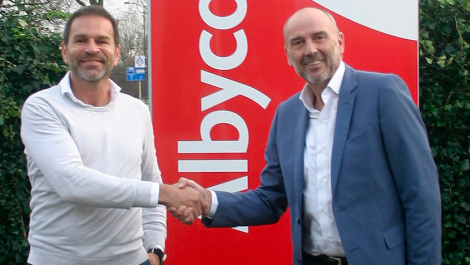Xerox has announced the unexpected death of its vice chairman and CEO John Visentin at the age of 59, due to ‘complications from an ongoing illness’. President and COO Steve Bandrowczak has been appointed interim CEO.
A press statement from the US company described Mr Visentin as ‘a visionary leader who navigated the company through unprecedented times and challenges’ but gave no further details on the nature or duration of his condition.
James Nelson, chairman of Xerox’s board of directors said, ‘Since joining the company in May 2018, John drove Xerox forward. As a champion for innovation, he embraced and enhanced Xerox’s legacy as a print and services provider and embarked on a transformative journey that broadened the company’s expertise and offerings to digital and IT services, financial services and disruptive technologies. John’s drive, energy and commitment to the business and its customers, partners and employees will be greatly missed.’
Steve Bandrowczak, Xerox’s president and chief operations officer since 2018, will serve as Interim CEO. He currently develops and executes the global operations strategy for Xerox, the company’s business support functions, including business strategy, product and service delivery and information technology, as well as the company’s newly formed Software and Innovation businesses.
‘We are all greatly saddened by this tragic news and are keeping his family at the forefront of our thoughts in this difficult time,’ said Mr Bandrowczak. ‘John’s vision was clear, and the Xerox team will continue fulfilling it – not only to deliver on our commitments to our shareholders, customers and partners – but also to pursue John’s legacy.’
Mr Visentin was appointed CEO after the ousting of Jeff Jacobson – now CEO at EFI – subsequent to the aborted Fujifilm takeover of Xerox in 2018, following activist shareholder intervention led by Carl Icahn and Darwin Deason. He was then closely involved in the also ultimately failed attempt by Xerox to buy HP during 2019 and 2020, which HP rejected on the grounds that it undervalued the company.





